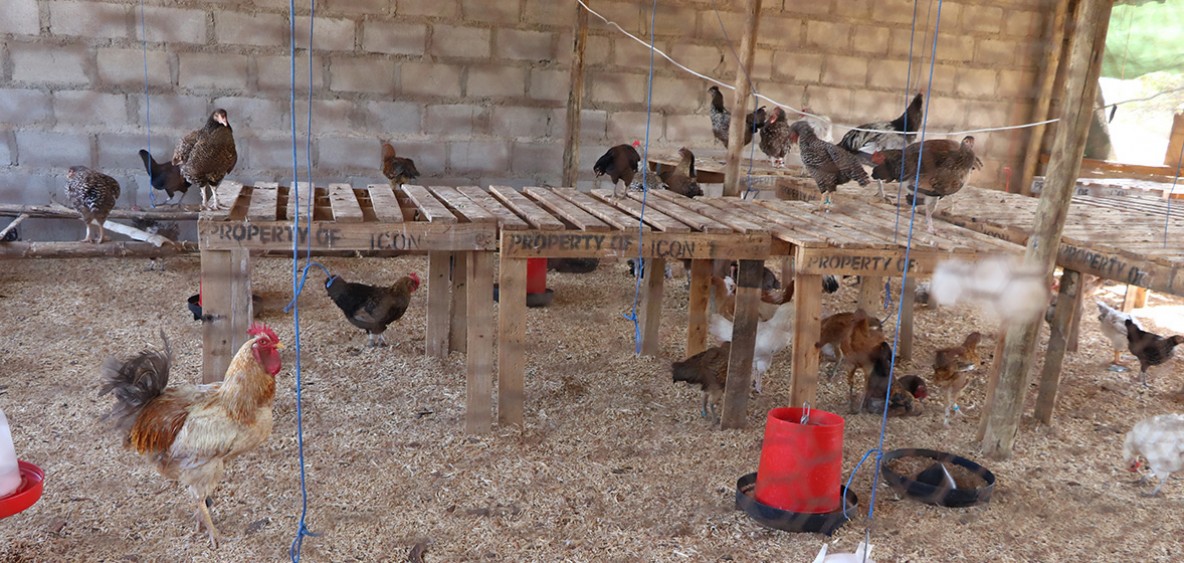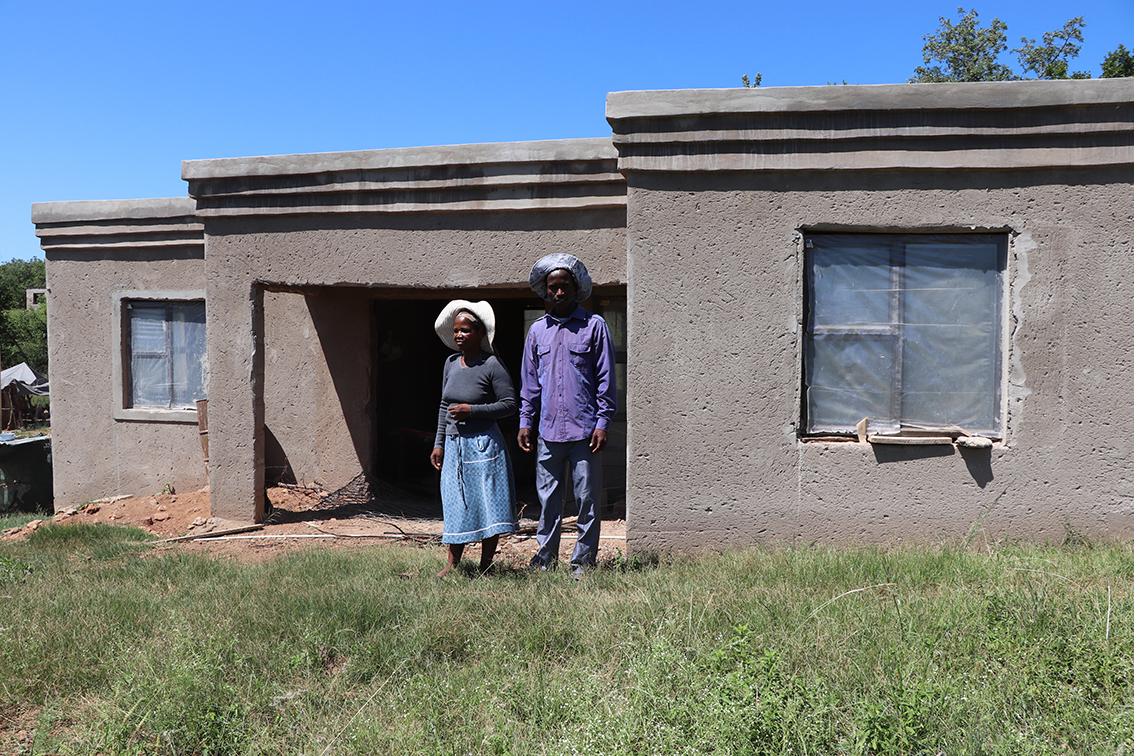
Mrs Takhona Mdluli is one of the many smallholder farmers in Eswatini who has benefited from Resilient Food System’s focus on expanding priority value chains and developing smallholder farmer skills to meet the demands of more sustainable production systems.
The Government of Eswatini is committed to the diversification of agricultural skills and agricultural value chains in order to empower rural communities, improve food and nutrition security and increase household incomes. In line with this commitment, the RFS Eswatini project is working within 37 chiefdoms in three regions to stimulate markets and develop smallholder farmer skills to meet the demands of five priority value chains: horticulture, honey, goats, indigenous chickens and legumes.
Mrs Takhona Mdluli is one of the many smallholder farmers who has benefited from the country project’s focus on expanding priority value chains. After receiving intensive training on the rearing of indigenous chickens both for consumption and commercial purposes, Mrs Mdluli was able to increase production, connect with new markets, and increase her monthly income.
“With the knowledge attained, I am now able to secure a source of income that has made me become a better individual as I am now able to maintain my household. Furthermore, what is more exciting is the fact that I have been able to construct a modern house using the earnings that I have received,” she told the RFS team who recently visited her farm to get insight on how the training has impacted her livelihood.
For Mrs. Mdluli, the training has been essential in facilitating connections with end markets and securing consistent income for her and her family: “I have made relations with formal and informal markets that highly demand my production [and] I am now able to sell to local restaurants, hotels and individuals who buy in bulk for consumption.”

The training sessions have also provided a platform for farmers to connect with one another, combine knowledge and resources, and solve problems. Since the trainings, the community has formed a group association, “Buhle Benceka”. Through Buhle Benceka, the farmers are able to better understand the needs of the community which enables them to identify challenges and come up with solutions collectively. “Rather than stating a problem, this becomes more of an empowerment exercise,” says Mrs Mdluli.
With continued support from the Resilient Food Systems programme, Mrs Mdluli believes that the training sessions will continue to empower and connect local farmers, allowing the community to establish more sustainable livelihoods and reduce food insecurity. “I must say that attending these trainings was an eye opener,” she said. “We were empowered with information that made it possible to connect with other farmers from the community, allowing us to be in control of our own lives.”
Subscribe to our monthly newsletter to receive updates on stories directly from the field across all our projects, upcoming events, new resources, and more.